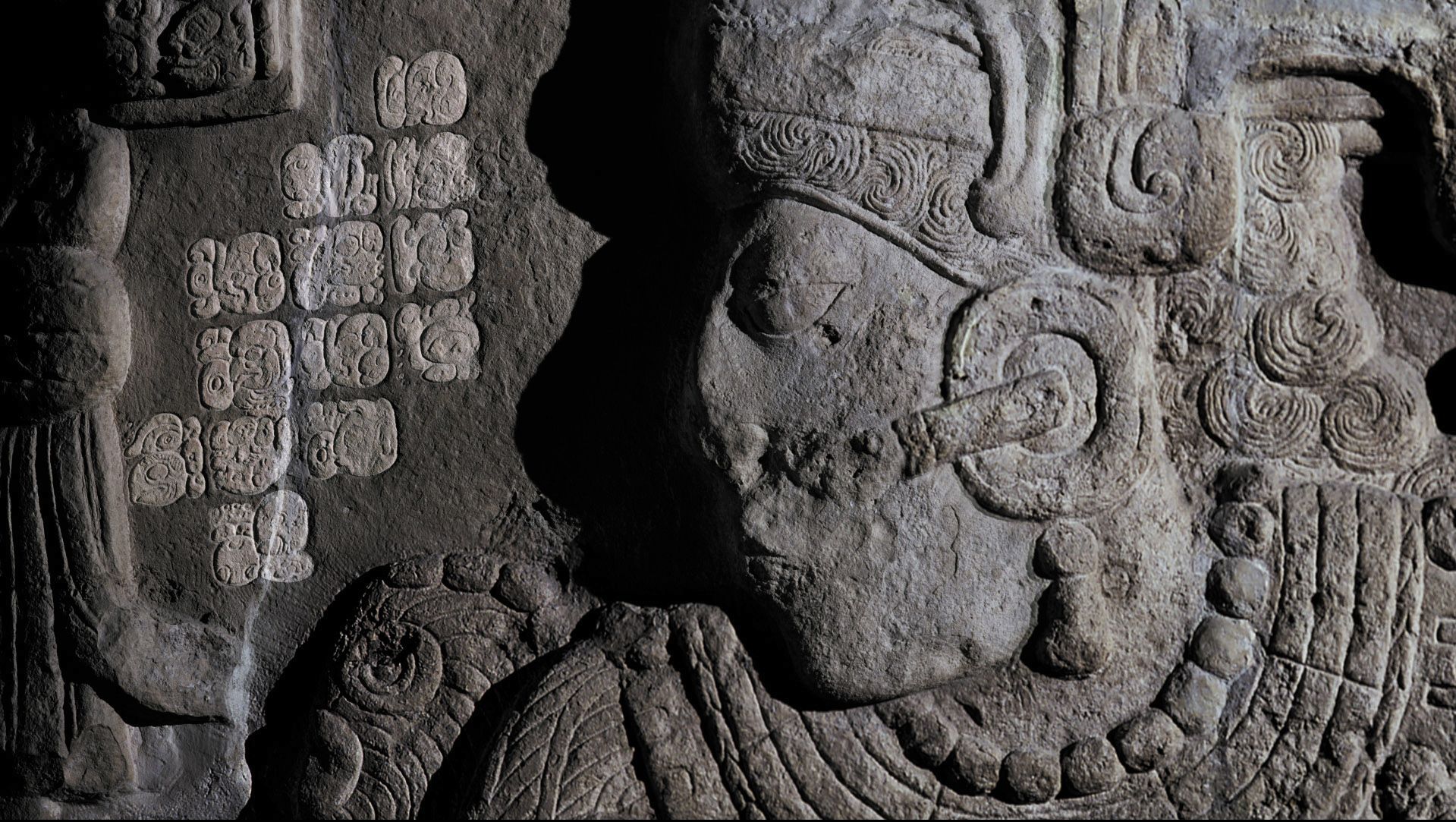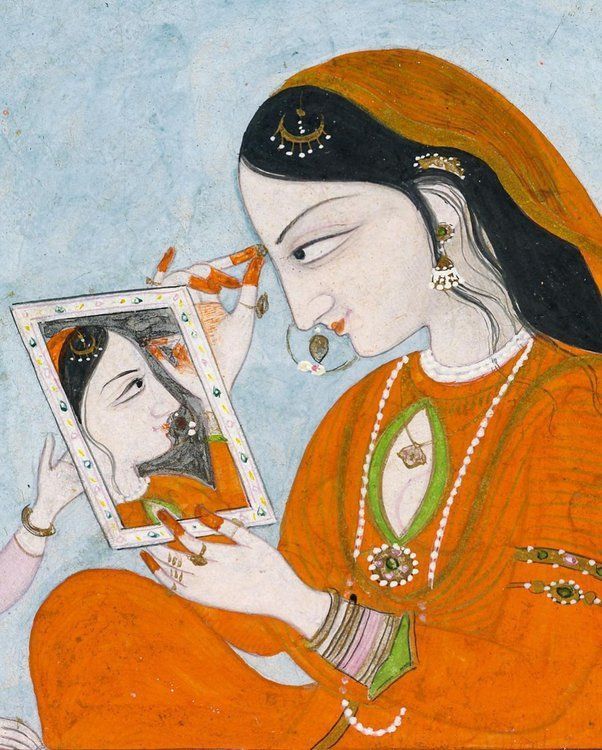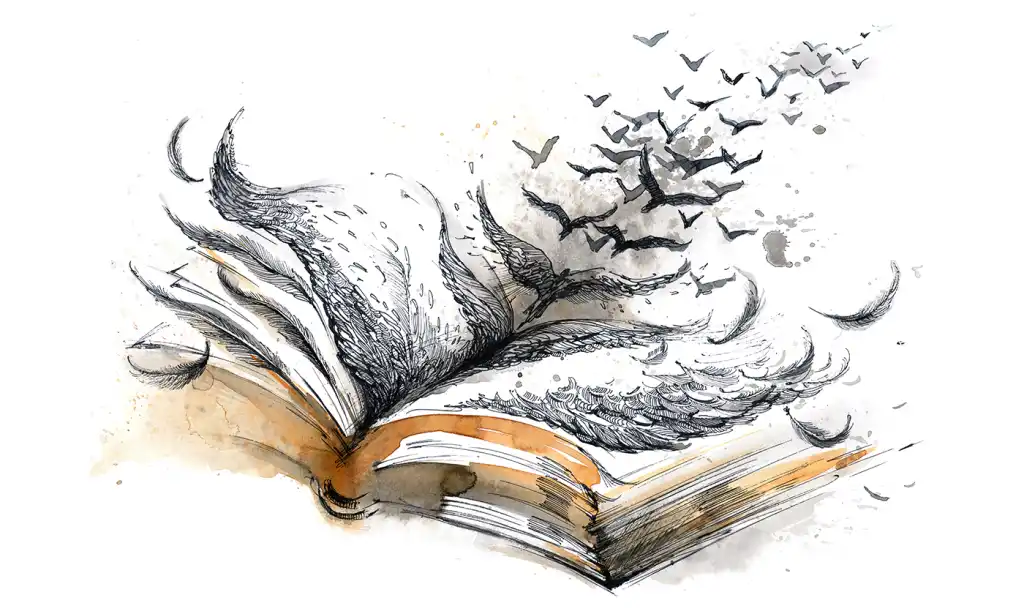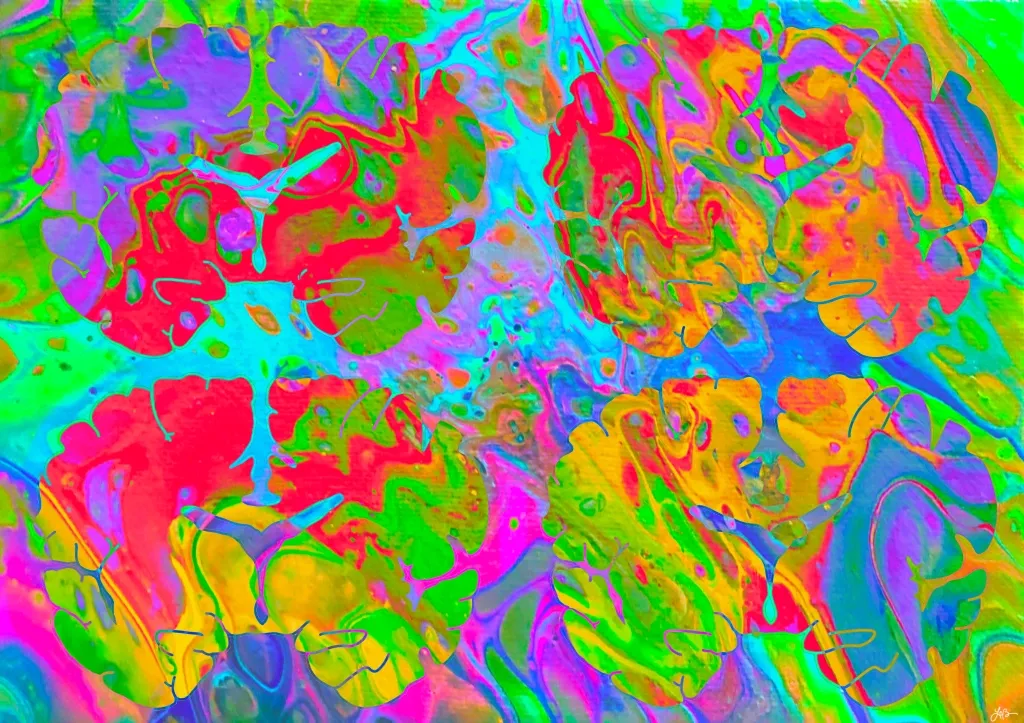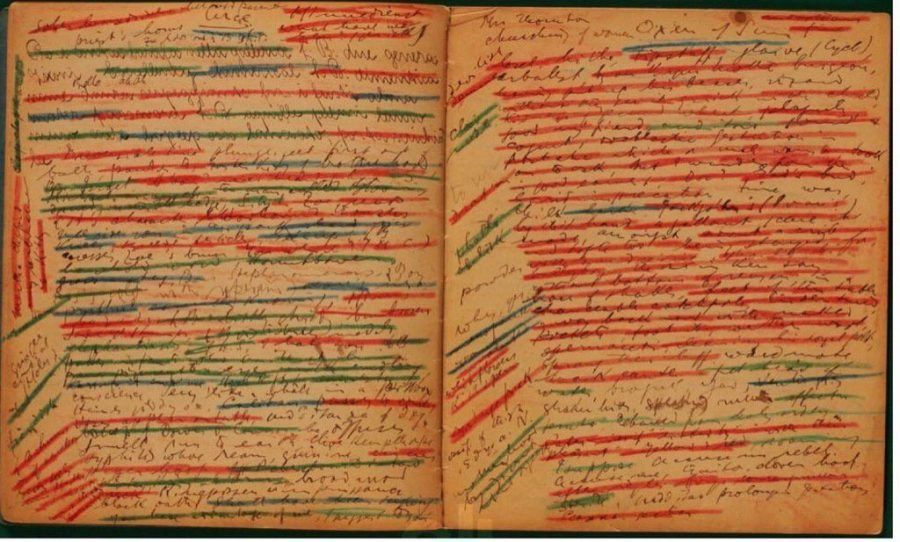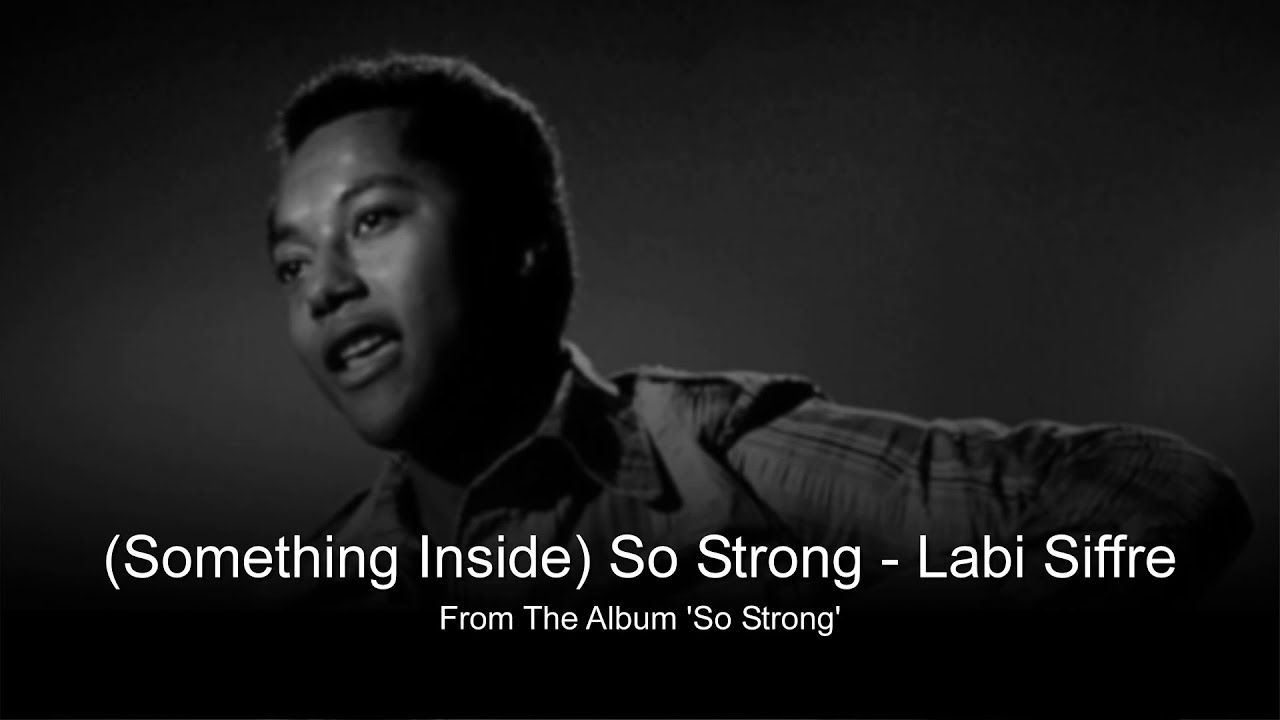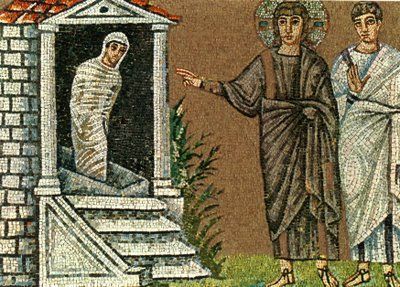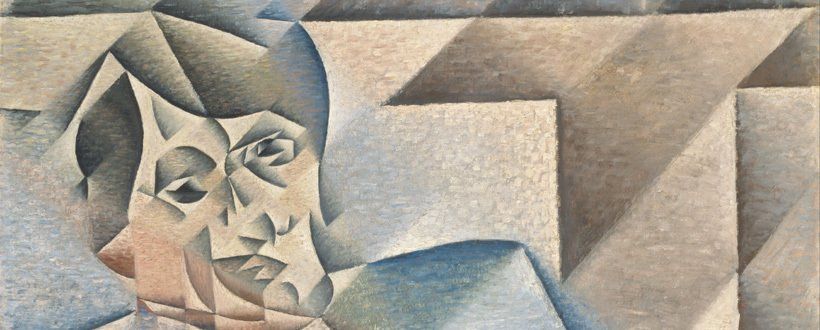ToK Essay Titles Nov 2021 Prompt 2
The sensus divinitatis
Ever since Hume’s invitation in the 18th Century to proportion our ‘belief to the evidence’ in the production of knowledge, the slow but gradual erosion of religious knowledge has continued. If the justification of knowledge is based on providing the empirical evidence of the senses to support it, then surely it’s irrational to believe in the existence of God. Firstly, because there is no such material evidence. And secondly, even if there were, we probably wouldn’t know what it looked like. Hold on, the objection might arise. What about experience of miracles? Surely, this is evidence enough to justify knowledge of God’s power in our lives. Evidentialists might reject this appeal, arguing that miracles are notoriously anecdotal and eyewitness testimony is not entirely reliable. Moreover, the idea of miracles is based on a strange view of cause and effect relationships. That is, how could you ever ‘prove’, strictly speaking, that non-physical forces can ‘cause’ physical things to happen?
In the late 20th Century, thinkers began to question such evidentialist objections to religious knowledge, developing the view that it is rational to believe in God’s existence even though the kind of empirical evidence required for justifying this knowledge is unavailable. Alvin Plantinga reintroduced an idea originating in the thinking of John Calvin during the Reformation. Calvin proposed that we have a sensus divinitatis – an awareness of God – with which we are born. He calls it various things – an ‘awareness’, an ‘understanding’, an ‘inscription’ amongst other things – but let’s be clear: the sensus is not to be confused with faith. The sensus is not, in TOK terms, a fundamentally new way of knowing. This more ‘nativist’ idea implies that we are born with knowledge of God. Knowing God is the default position for humanity. If someone says that she doesn’t know God, then various things must have happened. Either the sensus has been damaged or the sinful nature of the world is clouding her knowledge.
Plantinga underlines the implications for a contemporary understanding of the idea. He argues with an analogy. From the evidentialist view, our sensory apparatus brings us the fundamental empirical evidence with which to build and justify knowledge. We ground our scientific knowledge, for example, on basic beliefs which go unquestioned and actually can’t be proven by empirical experience, such as the belief that relationships of cause and effect exist. Based on the assumption of causality, we are able, through further experimental processes, to generate physical evidence which allows us to explain how gravity works. From the new ‘reformed’ perspective, the sensus divinitatis is a similar apparatus that brings us fundamental direct experiential evidence with which to build and justify specifically religious knowledge about God. So for example, the belief in the existence of God is like the belief in causality. Based on the basic belief that God exists, we are able, by means of interacting with the natural world, to yield evidence which allows us to explain how miracles work.
Plantinga’s next move is to change the terms of explaining how knowledge is produced. Our sensory apparatus generates physical evidence to 'justify' knowledge. The sensus generates evidence to 'warrant' knowledge. This subtle difference between the production of religious knowledge and all other knowledge draws significant objections, perhaps the most humorous of which is ‘The Great Pumpkin’ counter claim. What do you think?







